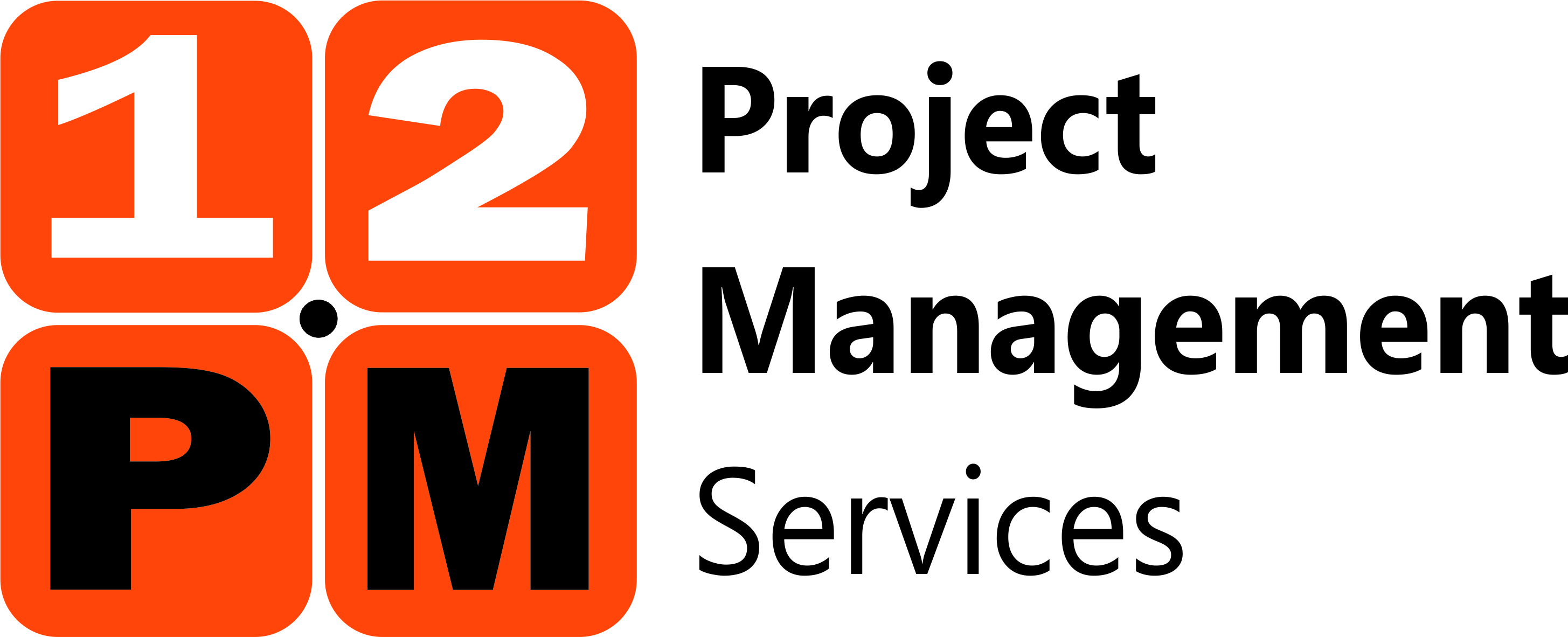The modern business landscape, characterized by an increased volatility and complexity, has created several difficulties in business organizations’ adaptation in the – continuously changing – market conditions. The ideal solution for organizations to face this reality is to develop a culture of agility, which has helped several successful organizations to be better-suited to marketplace conditions.
September’s Pulse of the Profession® in-depth report, is dedicated to Organizational Agility presenting its findings and conclusions that concern the principles of organization’s agility culture, its characteristics and the benefits that organizational agility can offer to an organization.
Initially, this report defines the organizational agility as the ability to change or adapt rapidly in response to market conditions or other external factors, including new competitors, emerging technologies, customer demands, and sudden economic and sociopolitical shifts, recognizing it as a common feature of successful organizations.
In the past, the term “agile” was referred to as a series of tools and templates that organizations were using to ameliorate their projects outcomes. Currently, it is recognized as a strategic competence, which can work complementary to the Project management with the aim to offer flexibility and adaptability to organizations.
The basic characteristics of an agile organization, according to report’s findings, are:
- Flexibility and adaptability
- Open communication
- Receptive to change
- Empowered team members
- Experiential learning opportunities
- Rapid decision making
- Strong customer focus
The successful implementation of the organizational agility requires a supportive company culture, which will be based on collaboration, diversity, innovation, communication, creativity, transparency, and inquisitive thinking.
According to reports conclusions, companies with highly developed culture of agility gains significant benefits, like faster response to changing market conditions; higher customer satisfaction ratings; more efficient execution of strategy; faster adaptation of practices based on learnings from successes or failures; and better organizational efficiency overall. All these benefits contribute crucially in organization’s projects performance.
Moreover, the report presents a – core to organizational agility – framework which shows how organizations with developed agility culture can respond quickly and efficiently to the changing environment.
Integral parts of this framework are: the supportive culture of the organization, the strategic flexibility, the collective leadership, the capable people and the adaptive process.
Supportive culture of the organization helps the organization to identify the value of openness, transparency, respect, knowledge, improvement, and adaptation and, in the meanwhile, it promotes responsiveness throughout the company.
Strategic flexibility gives to the organization the opportunity to capture opportunities and respond quickly to varying demands, exceeding the primary barriers of organizational change, which – according to the report – are: the lack of transparency or effective employee communication, the lack of senior management support and the presence of organizational inertia.
Collective leadership contributes in sharing a common view of decision making and knowledge transfer throughout the organization and, therefore, increasing organization’s agility. One of the report’s findings is that organizations with highly developed cultures are nearly three times more likely to have their top leadership aligned with the strategic goals of the organization.
Capable people helps the increase of organization’s agility through the application of the right talent management resources. Organizations that have employees with technical, leadership, strategic and business management expertise, are more prepared to exploit new opportunities and initiatives.
Finally, adaptive response helps organization to assess and establish new means for responding change. Adaptive response can be achieved with the implementation of standardized project management practices and the creation of new hybrid management models – fit their unique organizational cultures -that help organizations to manage distinct challenges in change and risk management.
In conclusion, this Pulse of the Profession® in-depth report presents the development of a culture of agility as an ideal option for the business organizations to face the increased instability of the business landscape and become more efficient in the execution of their projects. A culture of agility that will be developed within an established framework based on the fundamental aspects of culture, strategy, leadership, process, and people of the organization. In other words, its aim is to persuade us that organizational agility is a powerful tool which ensure organizational success.
Pulse of the Profession® is PMI’s annual global survey of project, program and portfolio managers that charts the major trends in project management.
References
PMI – Pulse of the Profession®: Capturing the Value of Project Management Through Organizational Agility – September 2015.http://www.pmi.org/~/media/PDF/learning/translations/2015/capture-value-organizational-agility.ashx.




